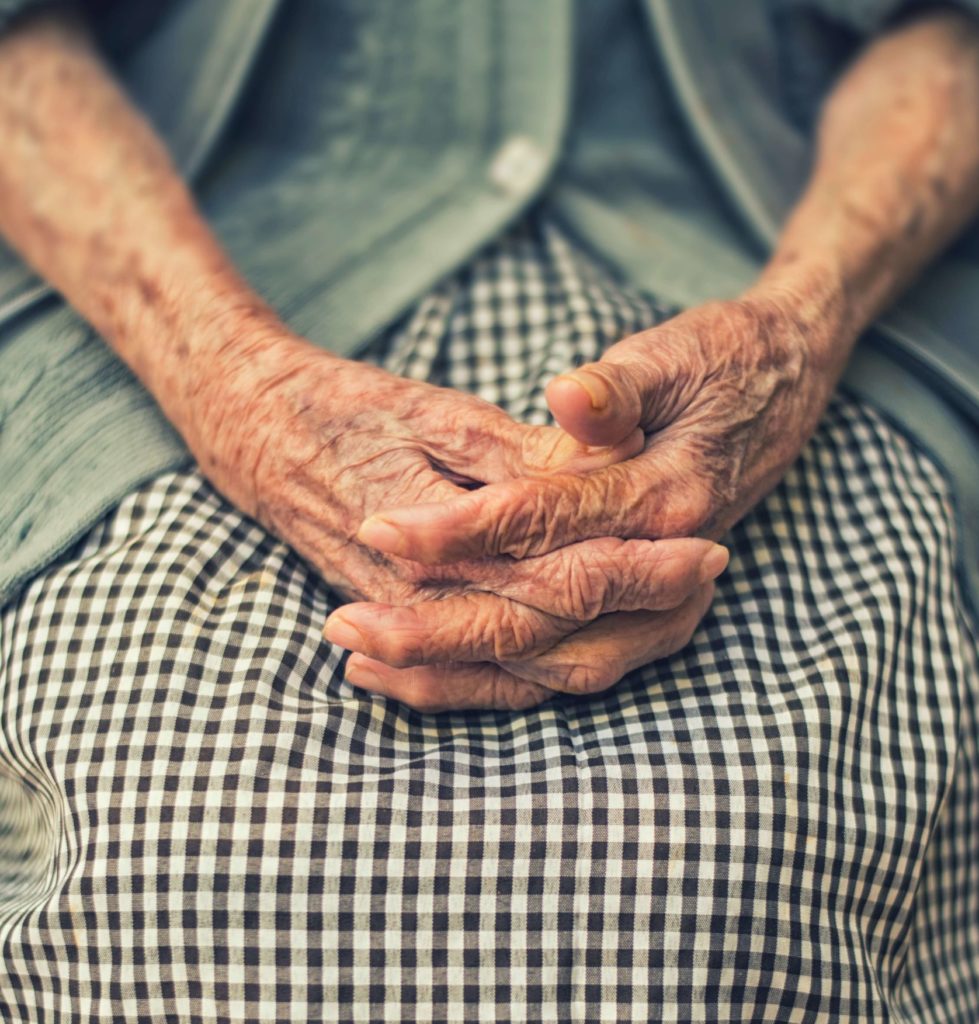Advertisement
Being A Helpful Helper
Supporting a loved one with cancer

Do you know someone with cancer? Most Canadians do. A 2019 report shows that half of us will develop cancer in our lifetime.This sobering statistic highlights the importance of giving compassionate and helpful support to those living with a diagnosis.
A cancer diagnosis can leave friends and family unsure of how best to support a loved one. Are there topics that shouldn’t be broached? What if the wrong thing is said? Fretting over a proverbial union of foot and mouth may cause disengagement at a time when support is most keenly required. These suggestions may help you to help a loved one through a cancer diagnosis.
Advertisement
Listen
When I asked my patients to share support tips for family and friends, one emphatic response was “LISTEN.” This simple—but powerful—suggestion underpins any piece of advice I could offer. Here are some examples.
Advertisement
Don’t lead the conversation
If your friend wants to talk about the weather or their new shoes, follow along. If the conversation turns to reflections on mortality, fear, and grief, resist the urge
to steer back to sunny, happy, shiny things.
Advertisement
Clock nonverbal cues
Is your friend or loved one feeling up to a visit today? Are they tired or in pain? Clarify your suspicions with gentle inquiries.
Advertisement
Process your own reactions outside of your visit
Describing your struggle with their diagnosis may prevent further sharing while taking the focus off their needs.
Advertisement
Respect boundaries
Some people choose to announce their diagnosis to 1,000 followers while others tell only their immediate families. This is an intensely personal decision.
Avoid taking offence if friends choose to go through cancer privately.
Advertisement
It might be a long road
Some treatments last for months, while others continue for a lifetime, but over time the need for support is no less present. Provide consistent help or check in intermittently over the long term.
At the end of treatment, new challenges may arise as treatment side effects may complicate a return to work and daily activities. Emotional support in the
face of this reintegration is essential. Be patient.
Advertisement
Watch your words
Be mindful of words—like the following—that may cause unintentional harm.
“Be positive!”
Encouraging positivity can backfire catastrophically. What happens if cancer returns? Was it a lack of positivity? These well-intentioned words may lead to self-blame and prevent acknowledgement of the spectrum of feelings that cancer unleashes.
“You have to fight this!”
Like positivity, staging the proverbial “battle” with cancer risks turning into self-blame if the war is “lost” and cancer progresses.
Journalism professor Mary McGuire encapsulates this beautifully, stating: “[I]t’s deeply unfair to suggest those unlucky enough to get cancer can control the disease with their character.” Perhaps stick with “How are you feeling?”
Not-so-helpful words
These phrases may not bring the comfort they intend:
- “That’s a good cancer to have.”
- “Why don’t you try eating/drinking/taking ____.”
- “Don’t worry.”
Helpful words
These phrases may be more supportive:
- “I’d like to bring you a meal. When could I do that?”
- “Can I drive you to your appointment?”
- “How are you feeling today?”
- “Can I take care of the (kids/groceries/errands) so that you can rest?”
- “Do you want to join me for (social event/coffee/mall)?”
If you don’t know what to say, be honest about feeling at a loss. Your friend may feel the same way. If you need to remove your foot from your mouth along the way, do so and move on.
Advertisement
Truly helpful actions
Consider the following ways to help.
Make plans
Offer invitations to social events rather than assuming a loved one can’t come. Be understanding of last-minute cancellations.
Read any good books lately?
Treatments and endless appointments mean a lot of sitting. Share your favourite podcast, artist, or Netflix binge. Better yet, offer to share the wait by coming along.
Make concrete offers
Avoid saying things like “call if you need anything.” Nebulous suggestions burden the person with cancer with the task of figuring out how you can help them.
Advertisement
Support the supporters
Family members are the mainstay of at-home care and require their own support. A 2012 study estimated that 28 percent of Canadians care for a loved one. Caregivers run the risk of simply burning out.
If you visit a person with advanced needs, encourage carers to eat, rest, or leave the home during this time. Helping carers arrange alternate care will allow them to recharge and continue their support. See the sidebar for other strategies.
For people caring for their spouse, professional counselling helps navigate changing roles. Involving counsellors for both parties allows each person to discuss their own fears and concerns freely.
A cancer diagnosis creates a world of uncharted territory for an individual and their social circle. Approaching this new world with respect, compassion, and an open ear will yield the best tools for ongoing support.
Support through change
Hair loss and other changes to appearance can be extremely distressing. Seek support through the following options.
Cancer-specific exercise and yoga classes may make it easier to participate during treatment.
Mastectomy boutiques are stores offering specialized clothing and accessories to women in treatment.
Scalp cooling caps may help reduce hair loss during treatment for some patients and increase their hair volume following chemo.
Look Good Feel Better workshops help women with wig selection and makeup techniques.
Advertisement
Preventing caregiver burnout
- Get help from family, friends, or community agencies.
- Connect with other caregivers through support groups.
- Support yourself through rest, nutrition, and exercise. Again, ask for help.
- Access respite services to take necessary time away
“Encouraging positivity can backfire catastrophically.”
Advertisement
Complementary care options
Organizations across Canada provide additional care options to complement standard treatments.
Hospital-based services
May include free counselling, physiotherapy, and nutritional guidance.
Local support groups
Ask your local hospital or clinic. Online and telephone support is available through the Canadian Cancer Society (cancer.ca), among others.
Support centres
Wellspring (wellspring.ca) and the Ottawa Regional Cancer Foundation (ottawacancer.ca) house group and individual support resources.
Complementary treatment centres
The following centres provide whole-person supportive care:
- InspireHealth (inspirehealth.ca) in Vancouver
- Ottawa Integrative Cancer Centre (OICC) (oicc.ca)
- Vivacia (vivacia.org) in Montreal
Dr. Gillian Flower, ND, cares for people with cancer at the Ottawa Integrative Cancer Centre. She is truly grateful to the patients, caregivers, and colleagues who contributed to this article.
This article was originally published in the April 2020 issue of alive Canada magazine, under the title “Being a Helpful Helper.”





